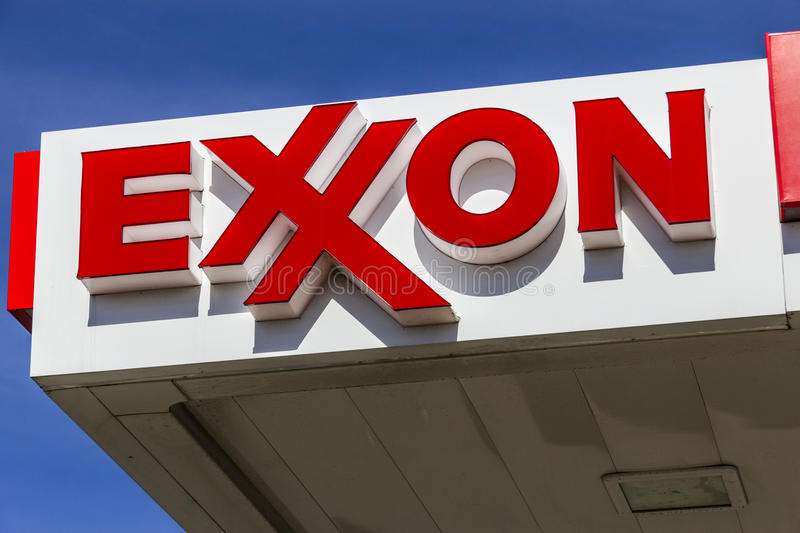US oil major ExxonMobil is suing the EU in a bid to force it to scrap the bloc’s new windfall tax on oil groups, arguing Brussels exceeded its legal authority by imposing the levy.
The challenge is only directed against the “counterproductive tax on windfall profits” and not against other elements of the package to reduce energy prices, the German subsidiary of the US group announced in response to an enquiry from Energate. Together with the Dutch subsidiary, it had filed the complaint with the European Court of Justice in Luxembourg.
Record profits this year by oil companies benefiting from high energy prices have boosted inflation around the world and led to fresh calls to further tax the sector.
The windfall profits tax Is counterproductive, discourages investments and undermines investor confidence, Exxon spokesperson, Casey Norton, said. Exxon will factor in the tax as it considers future multibillion-euro investments in Europe’s energy supply and transition, he added. “Whether we invest here primarily depends on how attractive and globally competitive Europe will be,” Norton noted.
The European Commission said it took note of the lawsuit. “It will be now up to the General Court to rule on this case. The Commission maintains that the measures in question are fully compliant with EU law,” Commission spokesperson, Arianna Podesta, said in a statement.
Windfall profit taxes imposed by Europe could cost at least $2bn through the end of 2023, Exxon CFO Kathryn Mikells said in a call to analysts on December 8.
According to the EU’s plans, companies in the petroleum industry are to surrender parts of their crisis-related profits through an extra tax. The money is to be used to relieve energy customers of the rising prices. The Federal Ministry of Finance had drafted a bill at the end of November that would impose a tax rate of 33 per cent on profits that are more than 20 per cent above the average for the years 2019 to 2021.
Harmful for investments
Exxon Mobil pointed to its investments at a time when Europe is struggling to reduce its dependence on Russia. The company noted that it invested heavily over the past decade in refinery projects in Europe, helping it deliver more energy products at a time when Europe struggles to reduce its imports from Russia.
“We recognise that the energy crisis in Europe is weighing heavily on families and businesses, and we are working to increase energy shipments to Europe. We will continue to work with EU leaders to address these issues. Thoughtful policy is critical.”
Exxon Mobil
The tax, however, is a deterrent to further investment. The company has invested more than 3 billion US dollars in large refinery projects in Rotterdam and Antwerp. Whether the company continues to invest depends on how attractive and globally competitive Europe will be.
However, in the Commission’s view, the measures are compatible with EU law. Now it is up to the courts to decide.
Chevron has also warned that taxing oil production would serve only to reduce energy supply by discouraging company investments.
“That goes against the intent of increasing suppliers and making energy more affordable,” Chevron’s chief financial officer, Pierre Breber.
It can be recalled that Global energy giants including Exxon Mobil and Chevron posted another round of huge profits, benefiting from surging energy prices that led to fresh calls to further tax the sector.
Oil companies booked billions of dollars in profits in the third quarter as prices for crude, natural gas and fuels like gasoline hovered near record levels, lifted by tight global markets and disruption following Moscow’s invasion of Ukraine.
The sheer size of the profits revived calls from politicians and consumer groups to impose more taxes on the companies to raise funds to offset the hit to households, businesses and the wider economy from higher energy costs.
READ ALSO: GSS Calls For Involvement Of RCCs In Computation Of Inflation Figures



















